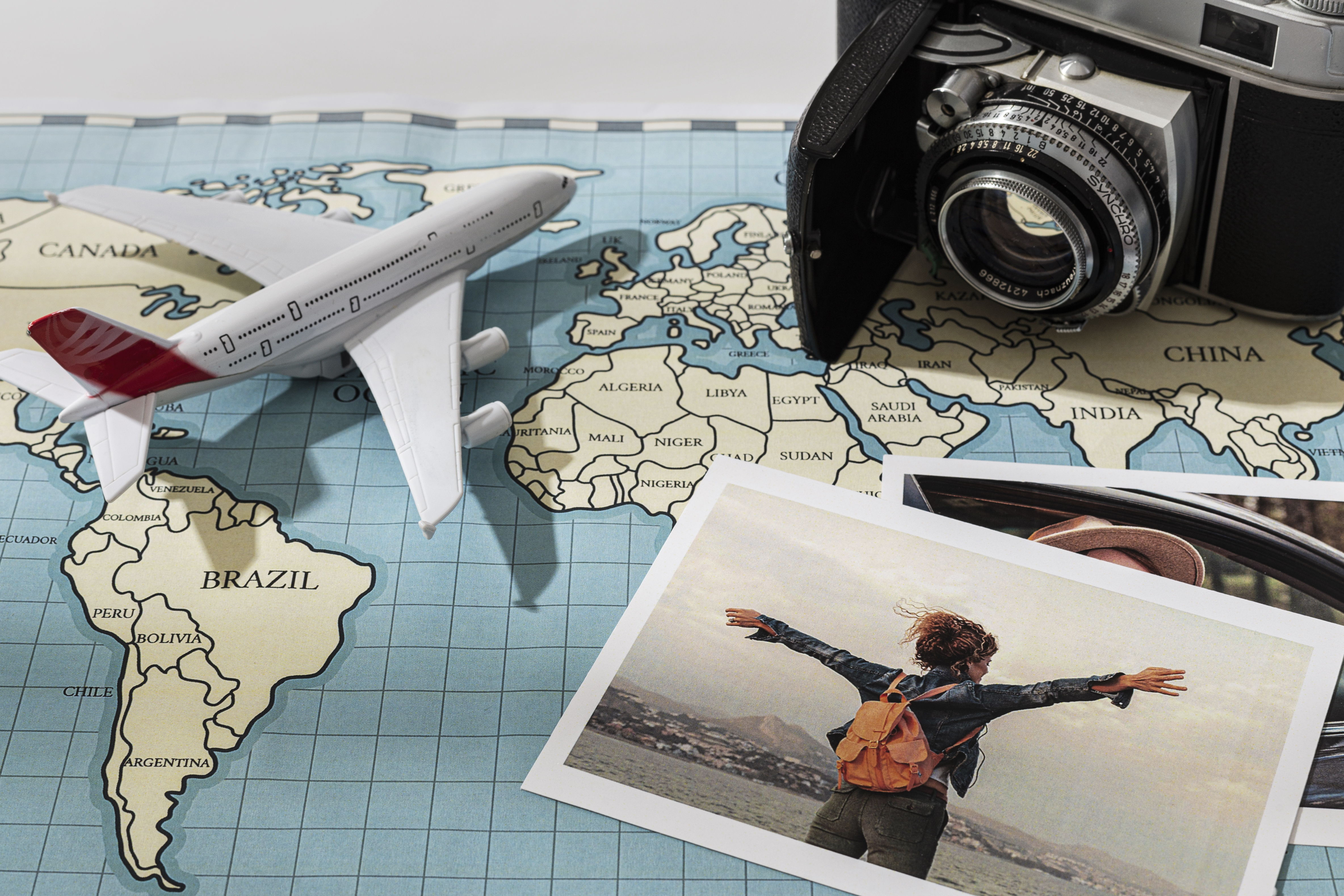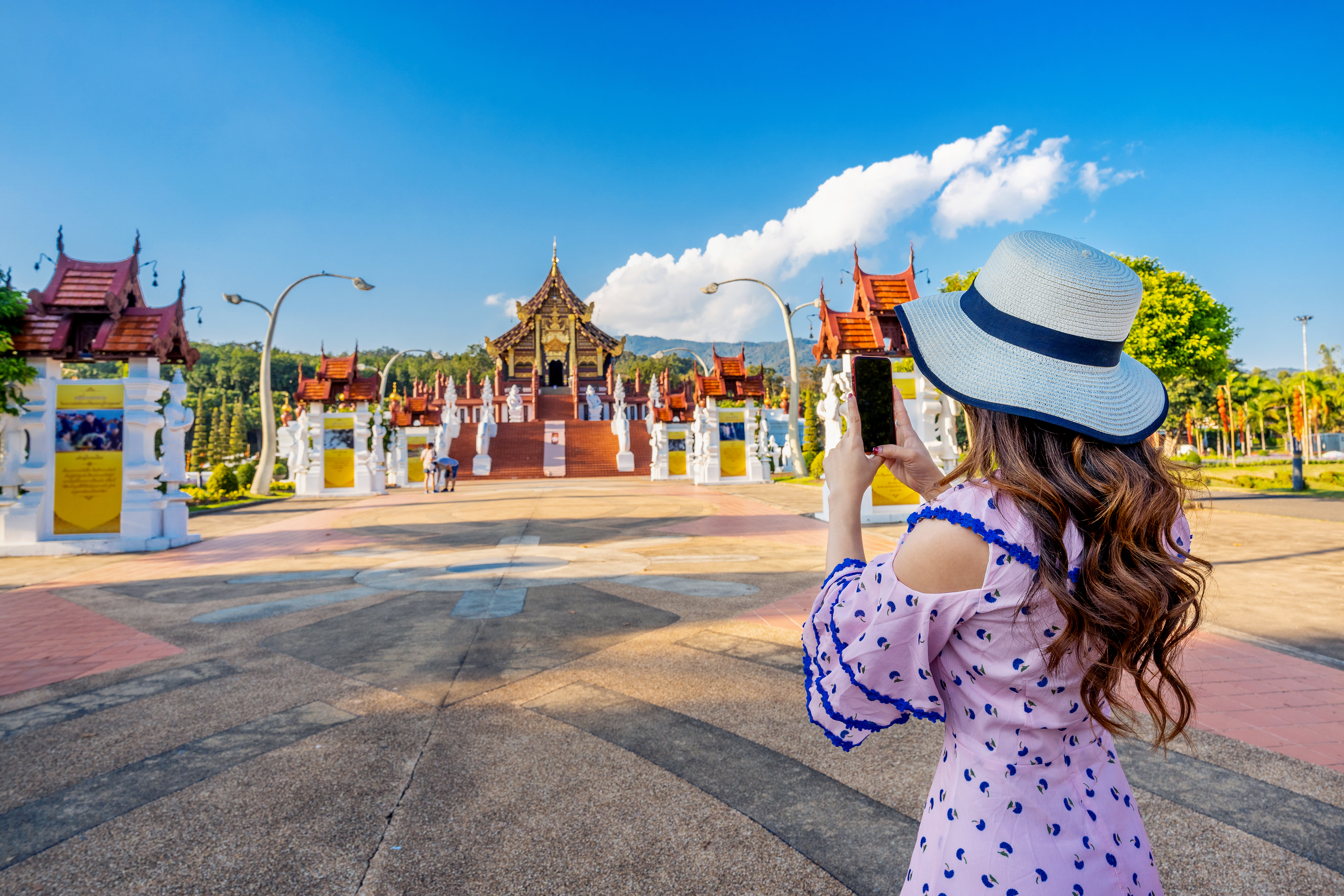Tourism Trends Post-Pandemic: How Travel is Evolving in 2023

The year 2023 may be considered as a new beginning for traveling since the COVID-19 outbreak had a wide impact on the tourism marketplaces. There have been travelers changes during the covid outbreak, since there was a strong transformation influence in the way we think, seek and tours, when countries began to ease their lock downs and restrictions. In this blog we’ll discuss the key post pandemic tourism trends, as well as why we think they are important for the future of the tourism sector.
One major trend that has been increasing is that travelers have become more aware of their practices with implications on countries and environments. Such travelers are also concerned about the cultural impact of their travels. There is increasing interest in, and demand for, that type of travel which is eco friendly. Today’s travelers want to drive carbon neutral vehicles, patronize local shops, and take part in community tourism at the end of their trip. This, and other similar trends, are not simply fads; they mark a real change in society that is moving toward more sustainable and responsible behavior.
Further, the pandemic has increased focus towards health and safety in travel. Consumers have become more careful and selective about the places and accommodation they wish to visit. Such travelers would prefer properties which are hygienic, have options of contactless check-ins, and offer clearly laid down health procedures. This has resulted in greater demand for wellness tourism whereby, people want to travel, but also want to relax the body and mind as well. Whether it is a yoga or a spa vacation, the desire for wellness is transforming travel.
Yet another transformation is the influence of remote work to travel habits. Digital nomadism has been enhanced by the Covid pandemic whereby people can now travel and work at the same time. It has become common for many people to stay for long periods in particular areas which are geographically a better place to work in and this has positive economic impacts too. This presents ideal conditions for hospitality providers to design and market services appealing to this market, such as a laptop with an internet connection and a work desk built specifically for remote employees.
The advancement of developing custom made traveling experiences cannot be stressed enough. It is evident that the tourists are seeking for experiences engaged with their interests and values. This trend also has made immersion travel to gain a foothold, whereby a person would participate in the local culture, food and customs. Traveling is characterized by culinary tours, art workshops, cultural exchanges and other types that deepen the interaction of people with the places they visit. Such wishes not only extend the depth of the travel but also enable communities of travelers and residents to come together with a better understanding of each other.
In addition, the pandemic has fast-tracked the use of tech in the travel sector. To, from an AI enabled chatbot with customer service features to a virtual reality experience of traveling to a destination, tech is changing how travel and destination planning is done. Getting a mobile app to make payments as well as check in has become routine and it has made travel easier and quicker. As advancement of technology gets more and more sophisticated, no doubt it would carve the future of the travel space.
Destination-wise, the trend of looking for new and unexplored locations is on the rise. Since many tourists wish to steer clear of the overcrowded tourist attractions, more and more people are searching for and are keen new places. This transition not only adds value for tourists wanting to have a different experience but also helps in spreading the economic gains from tourism more equitably among the regions. The demand for responsible tourism resources and original experiences is going to be flourishing demand in future.
As we go through the year 2023, we have to bear in mind that the travel sector is not reintegrating itself, it's actually transformational. The emphasis is on quality rather than quantity and travelers are more interested in having an experience more than getting a passport full of stamps from different countries. This evolution opens a great door for many businesses and destinations to rethink what they provide around the new age traveler.
We have an emerging tourism that goes beyond the pandemic. From the greater awareness of sustainability and health, increase in remote working and the demand for tailored experiences, there is so much in the travel industry that is changing in good ways. The industry needs to stop fearing these shifts and adapt in order to provide unemotional experiences as B2C customers strive to build authentic relationships across all continents. Adopting these trends will not only improve one’s trip to the desired place but will also aid in promoting an environmentally friendly and socially just tourism sector in the future.



